Written by Lakshmi Gopalkrishnan
Through her company, Infinite Impact, Lakshmi offers her expertise as a High-Performance keynote speaker, executive leadership coach, and master facilitator for Dr. Brené Brown’s Dare to Lead™.
When you stumble or fall, what do you say to yourself?
Scenario 1
You put yourself out there: try something new, aim high, or speak up for what is right. In short, you step out of comfort into courage. It’d be great if you scored a tidy win. But instead, you stumble. You crash.
Do you…
- Beat yourself up?
- Doubt your abilities?
- Compare yourself to others?
I’ve done all those things. In fact, if I’m being honest, I used to see them as proof of diligence, discipline, and a high bar.
Can anyone reading this relate?
Scenario 2
Now, think of someone you care for—a family member, friend, or beloved client—who did those brave things: trying something new, aiming high, or speaking up for what’s right. And they stumbled. They crashed.
How would you respond in their moment of despair? Would you doubt their abilities, beat them up, or compare them unfavorably to others?
Or would you:
- Tell them you’re proud of them?
- Remind them you’re in their corner?
- Applaud their courage and resilience?
I know you’d applaud, support, and encourage them. I would, too.
Every. Single. Time.
So why do we beat ourselves up when WE’RE the ones being brave?
Here’s a simple tip paraphrasing Dr. Kristin Neff, who researches the science of self compassion:
Treat yourself like someone you love.
Use that voice. Use those words.
This was HARD for me. I was 100% able to extend compassion and empathy to many, but extending it to myself felt weak. As in, self-compassion = self-indulgence.
My clients—kind, generous, fierce, and tender leaders who didn’t see themselves how the rest of us saw them, people I care for deeply and am honored to partner with—inspired me to build the muscle.
Here is a short daily practice that I coach—and practice myself. It works for me because I’m usually tired, and this is SIMPLE:
- I name three things I’m grateful for.
- For anything where I took a chance and crashed, I honor the courage it took to try: “It would have been so much easier not to do that—great job trying.”
Building this muscle has been transformative for me. It’s helped me find the resilience, confidence, and optimism to turn many stumbles into steppingstones—and stay in the game.
Next time you stumble, try treating yourself like someone you love. That voice. Those words.
Even if it’s two steps forward and one step back, honor the courage it took to try.
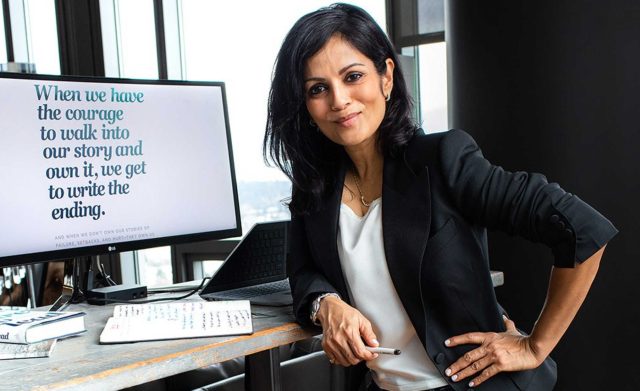
Lakshmi Gopalkrishnan
I want to give special thanks to Lakshmi Gopalkrishnan for this post. We met in 2012 while training to be coaches at CTI in San Rafael, California. We completed a fast-track program and a rigorous certification that changed our lives.
Today, I collaborate with individuals, teams, and organizations using a powerful combination of coaching, branding, and marketing communications to inspire happiness and drive higher performance.
Through her company, Infinite Impact, Lakshmi offers her expertise as a High-Performance keynote speaker, executive leadership coach, and master facilitator for Dr. Brené Brown’s Dare to Lead™. Follow Lakshmi on LinkedIn for more energizing posts.






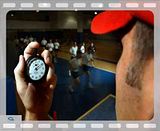 I was reminded of the classic book yesterday while Skyping with a young manager who trains employees for a multinational Fortune 100 consumer electronics firm in the Washington, D.C., area. She asked me if I’d ever read the book—well yes! We laughed. In 1982 when it was first published!
I was reminded of the classic book yesterday while Skyping with a young manager who trains employees for a multinational Fortune 100 consumer electronics firm in the Washington, D.C., area. She asked me if I’d ever read the book—well yes! We laughed. In 1982 when it was first published!
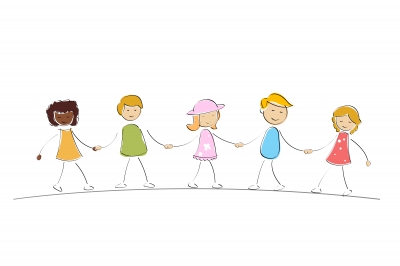 Have you ever endured a team meeting that went from productive to disastrous? Where the people from the departments that make up the team just didn’t seem to get it? They fought with each other, protected their own departments and were distracted by a bazillion side issues and personal problems? Did you drift off, thinking of Elvis Costello’s plaintive cry, “What’s so funny ‘bout peace, love and understanding?” Does it make you want to go back to the good ol’ days where each department did its job and didn’t have to worry about what was going on in other areas of the organization?
Have you ever endured a team meeting that went from productive to disastrous? Where the people from the departments that make up the team just didn’t seem to get it? They fought with each other, protected their own departments and were distracted by a bazillion side issues and personal problems? Did you drift off, thinking of Elvis Costello’s plaintive cry, “What’s so funny ‘bout peace, love and understanding?” Does it make you want to go back to the good ol’ days where each department did its job and didn’t have to worry about what was going on in other areas of the organization?
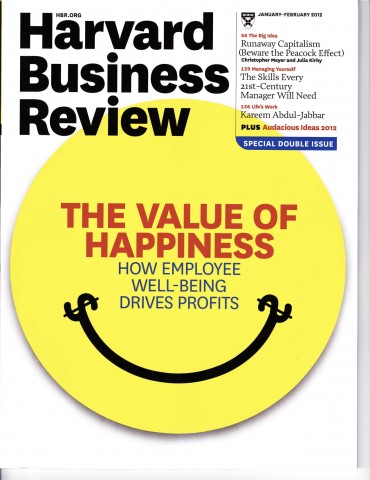 The Science Behind the Smile: Researchers are now measuring happiness and defining what really makes people happy. It’s not what you think. Yes, people who are rich, in a good relationship, actively participating in their church and healthy are happier overall. But events like getting a promotion, a new house or car or acing an exam only create more happiness for about three months. The frequency of positive experiences is more important than the intensity. And at work, what really contributes most to happiness is feeling appropriately challenged—when you’re striving to achieve goals that are ambitious but not out of reach. Managers take note: happier workers are more productive and creative. Years of research on rewards and punishment present a very clear finding: rewards work better.
The Science Behind the Smile: Researchers are now measuring happiness and defining what really makes people happy. It’s not what you think. Yes, people who are rich, in a good relationship, actively participating in their church and healthy are happier overall. But events like getting a promotion, a new house or car or acing an exam only create more happiness for about three months. The frequency of positive experiences is more important than the intensity. And at work, what really contributes most to happiness is feeling appropriately challenged—when you’re striving to achieve goals that are ambitious but not out of reach. Managers take note: happier workers are more productive and creative. Years of research on rewards and punishment present a very clear finding: rewards work better. With the start of the new year, many of us reflect on areas in which we hope to improve, leading us to a more fulfilled life. Perhaps one of these challenges resonates with you.
With the start of the new year, many of us reflect on areas in which we hope to improve, leading us to a more fulfilled life. Perhaps one of these challenges resonates with you. I’m presenting tomorrow at the University of New Mexico’s Mentoring Institute Conference on Leveraging the Science of Happiness at Work. Excited! Also doing a poster session and getting my paper published in the proceedings. A copy will soon be on this website.
I’m presenting tomorrow at the University of New Mexico’s Mentoring Institute Conference on Leveraging the Science of Happiness at Work. Excited! Also doing a poster session and getting my paper published in the proceedings. A copy will soon be on this website. 
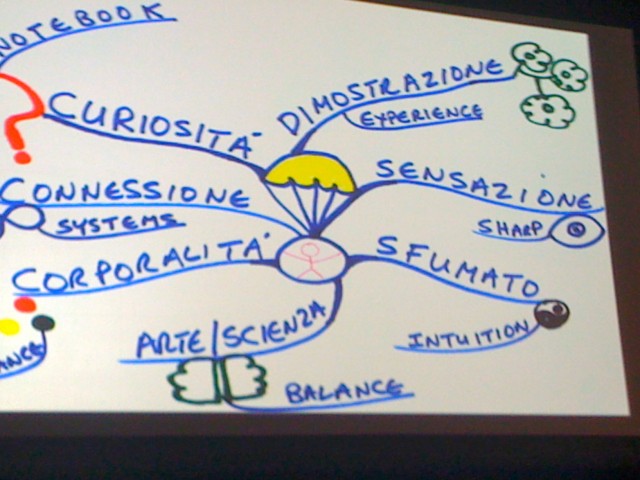 What an incredible week as I attended the International Coaching Federation’s international conference! The theme was Playing to the Edge. With more than 1,000 coaches from around the world, we gathered together to continue our studies in the art and science of coaching and share perspectives on how we can help businesses and employees achieve their potential in our global economy.
What an incredible week as I attended the International Coaching Federation’s international conference! The theme was Playing to the Edge. With more than 1,000 coaches from around the world, we gathered together to continue our studies in the art and science of coaching and share perspectives on how we can help businesses and employees achieve their potential in our global economy.



